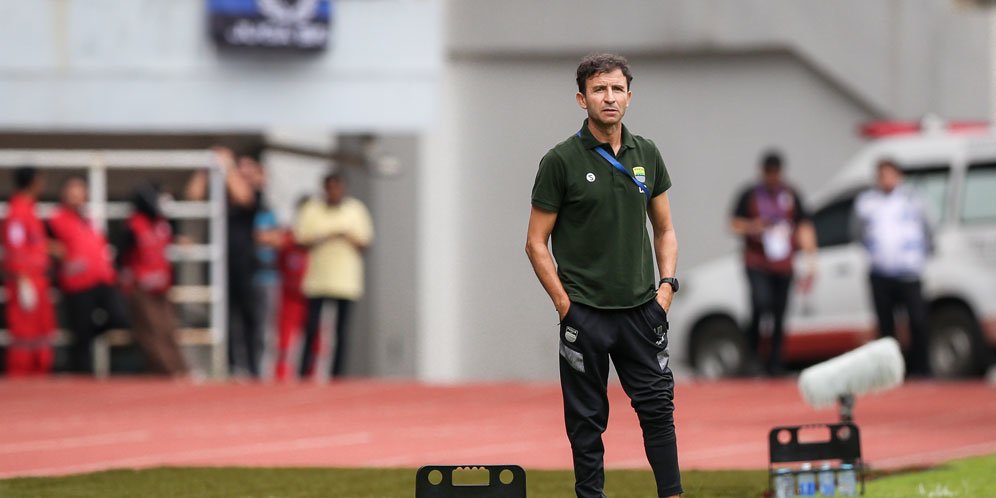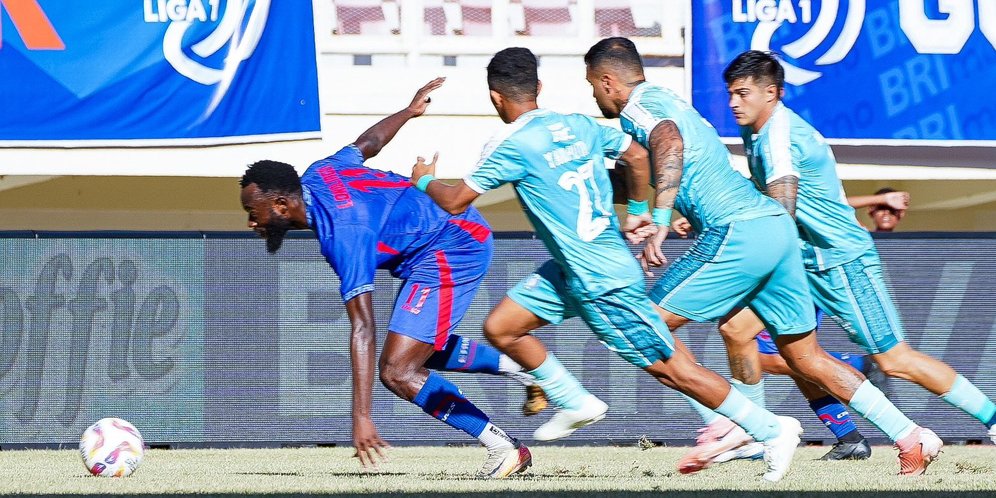Persib Bandung and Luis Milla, the former head coach of the Indonesian national football team, are currently embroiled in a legal dispute that has been brought to the Court of Arbitration for Sport (CAS). The dispute stems from Milla’s sudden departure from Persib in 2018, just months after he had signed a two-year contract with the club.
Milla, a Spanish coach who had previously coached the Spanish U-21 national team, was brought in by Persib with high hopes of leading the team to success in the Indonesian Liga 1. However, his tenure with the club was short-lived as he abruptly left the team citing personal reasons.
Persib, feeling aggrieved by Milla’s departure, decided to take legal action against the coach, claiming that he had breached his contract with the club. The club is seeking compensation for the damages caused by Milla’s sudden departure, as well as demanding that he honor the terms of his contract.
Milla, on the other hand, has denied any wrongdoing and has countersued Persib for defamation and breach of contract. He claims that the club failed to fulfill their obligations under the contract, including providing him with the necessary support and resources to carry out his duties as head coach.
The case has now been brought before the CAS, which is an independent institution that resolves disputes in the field of sports through arbitration. Both parties have presented their arguments and evidence to the court, and a decision is expected to be reached in the coming months.
The outcome of this case will have far-reaching implications for both Persib and Luis Milla. If the court rules in favor of Persib, Milla may have to pay compensation to the club and honor the terms of his contract. On the other hand, if the court rules in favor of Milla, Persib may have to retract their claims and potentially face further legal consequences.
Regardless of the outcome, this case serves as a reminder of the complex and often contentious relationships that can exist between football clubs and their coaches. It also highlights the importance of clear and enforceable contracts in order to prevent disputes such as this one from arising in the future.






